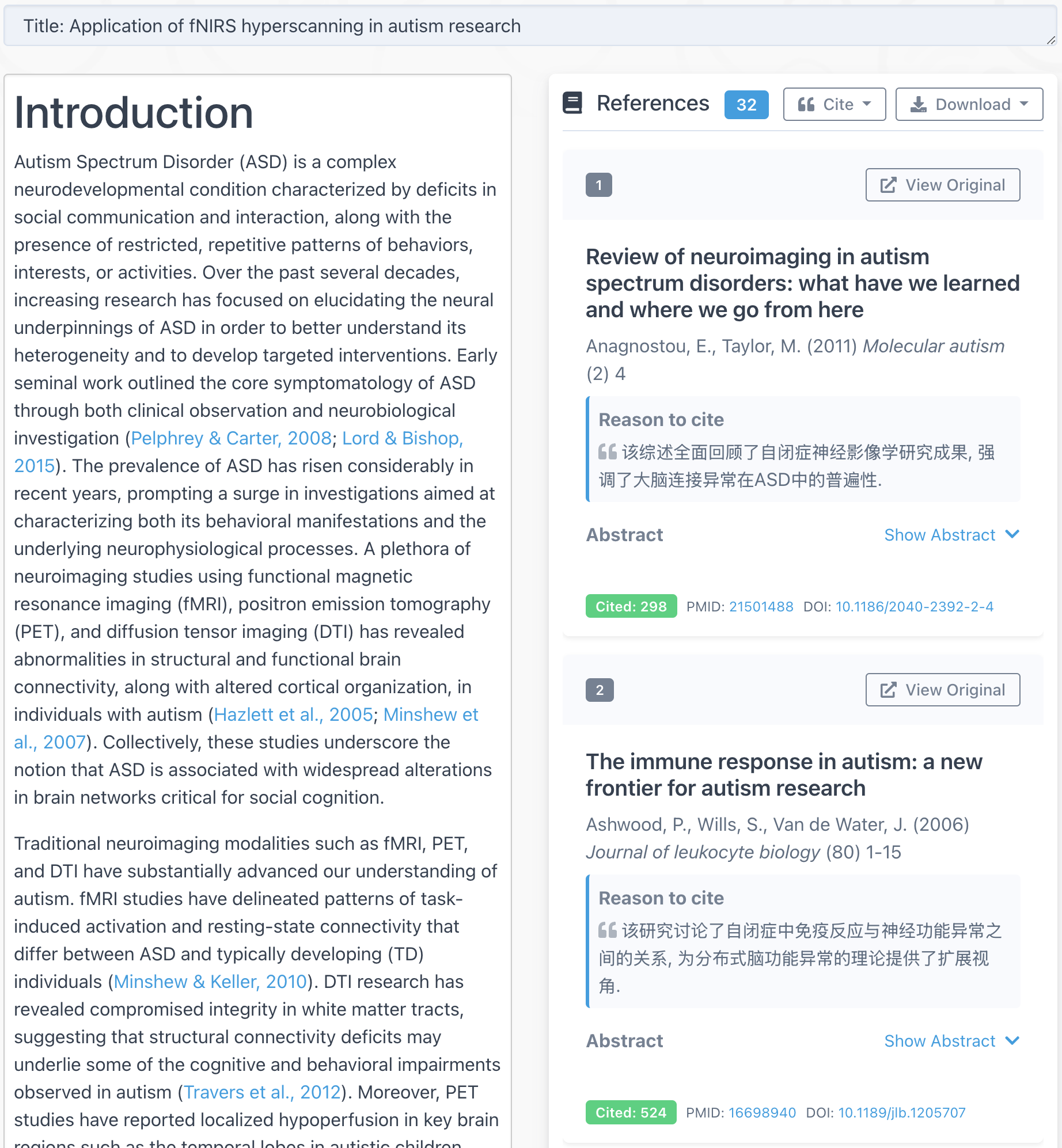Ref to: Communications between two MatLabs (2): over socket
It’s common that two MatLab programs needs to communicate. For instance, one program is collecting the brain imaging data but not display them, and the other program is to display the data. (Another case is at https://www.alivelearn.net/?p=1265) Sometimes it is not practical to merge the two program together (e.g. to keep the code clean). In this case we can run two MatLabs simultaneously. One keeps saving the data to a file, and the other keep reading the file.
Here I played with such a setup, and find they communicate well with small delay (small enough for hemodynamic responses). Check out the video below:
writeSomething.m
for ii=1:100
save('data','ii');
disp(['write ' num2str(ii)])
pause(1)
end
readSomething.m
last_ii = 0;
while(1)
try
load data
if(ii ~= last_ii)
disp(['get data. i=' num2str(ii)])
end
last_ii = ii;
end
pause(0.1)
end
Caveat: writing/reading to/from disc is slow. So if your experiment requires real time communication without any delay (say <1ms), this method may not work. Also, the amount of data to write/read each time should be very small, and the frequency of write should be small too. The file needs to locate in your local hard drive instead of a network drive.
———- Comments ———–
Paul Mazaika from Stanford:
Cool piece of code! There may be a way to do this with one umbrella Matlab program that calls both components as subroutines. The potential advantage is that one program will keep memory in cache, not at disk, which can support rapidly updating information. For high speeds, it may be better to only occasionally update the graphical display, which otherwise may be a processing bottleneck.
-Paul
Aaron Piccirilli from Stanford:
There is, sort’ve! I think Xu’s little nugget is probably best choice for many applications, but if speed is an especially big concern then there are a couple of options that I’ve come across that will maintain some sort of shared memory.
Perhaps the easiest is to use sockets to communicate data, via UDP or TCP/IP, just like you use over the internet, but locally. You write some data to a socket in one program, and read it from that same socket in another program. This keeps all of your data in memory as opposed to writing it to disk, but there is definitely some overhead for housekeeping and to move the data from one program’s memory into the operating system’s memory then back into the other program’s memory. An added bonus here: you can communicate between different languages. If you have a logging function written in Python and a visualization program in MATLAB, they can pretty easily communicate with each other via sockets.
MATLAB doesn’t have explicit parallel computing built-in like many other languages, sadly, but we all have access here to the Parallel Computing Toolbox, which is another option for some more heavy-duty parallel processing where you have a problem you can easily distribute to multiple workers.
Finally, true shared memory might be more trouble than it’s worth for most applications, as you then have to deal with potential race conditions of accessing the same resource at the same time.
Aaron
More on this topic: Please continue to read Communications between two MatLabs (2): over socket


